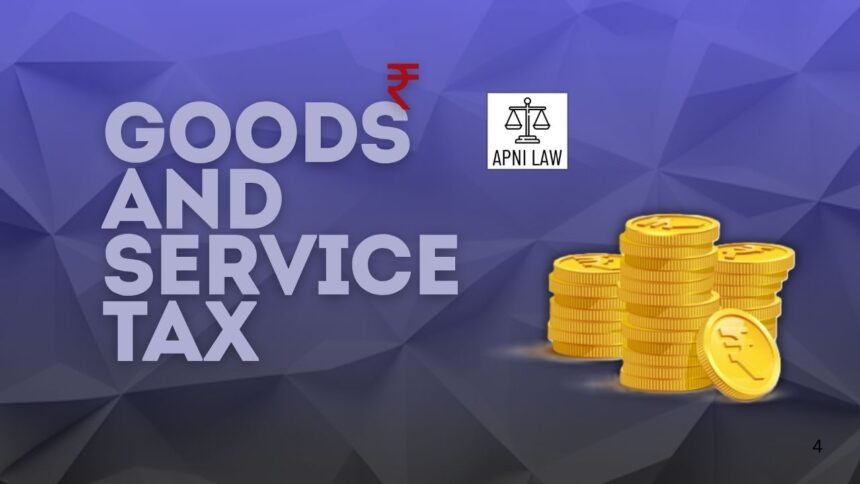Introduction
The Goods and Services Tax (GST) Act is a comprehensive indirect tax law in India. It came into effect on July 1, 2017, replacing multiple taxes like VAT, excise duty, and service tax. The GST system aims to streamline taxation, enhance transparency, and improve ease of doing business. This article offers a complete overview of the GST Act, including its key features, offences, return filing requirements, penalties, and more.
What is GST?
GST is a destination-based tax levied on the supply of goods and services. It follows a dual structure, where both the Central and State governments levy tax on a common base. GST is divided into CGST, SGST, and IGST, depending on whether the supply is intra-state or inter-state. The system eliminates the cascading effect of tax by allowing seamless input tax credit (ITC) across the supply chain.
How Does Return Filing under GST Work
All registered persons must file returns periodically. This includes GSTR-1 for outward supplies, GSTR-3B for summary returns, and GSTR-9 for annual returns. Return filing ensures tax liability is calculated correctly and input credit is claimed accurately. Timely filing is critical to maintain compliance and avoid penalties.
What Are The Offences under the GST Act
The GST Act lists several punishable offences. These include:
- Issuing fake invoices.
- Collecting tax without registration.
- Fraudulently claiming input tax credit.
- Suppressing sales or misreporting turnover.
- Not maintaining proper records or obstructing officers.
These offences may attract fines, penalties, and in serious cases, imprisonment under Section 132 of the Act.
What Are The Penalties and Late Fees
Failing to comply with GST rules results in penalties and late fees. If returns are not filed on time, the law imposes a late fee under Section 47. The current late fee is ₹50 per day (₹25 CGST + ₹25 SGST), and ₹20 per day for nil returns. Penalties also apply for incorrect invoicing, non-payment of taxes, or fraud, as detailed in Section 122.
What Is Input Tax Credit (ITC)
The GST regime allows taxpayers to claim credit on tax paid for inputs used in business. ITC can be claimed only if the supplier has uploaded the invoice and paid tax. This system encourages transparency and compliance across the supply chain.
GST Compliance and Audit
Regular GST audits ensure the accuracy of returns and tax payments. Businesses with turnover above ₹5 crore are required to undergo self-audit and reconciliation. Non-compliance can trigger departmental audits or assessments.
Conclusion
The GST Act revolutionized India’s tax landscape. By merging multiple taxes into a single system, it has simplified compliance and boosted transparency. However, staying compliant requires timely return filing, proper documentation, and awareness of offences and penalties. Understanding the structure and requirements of the GST Act is essential for every business in India.








